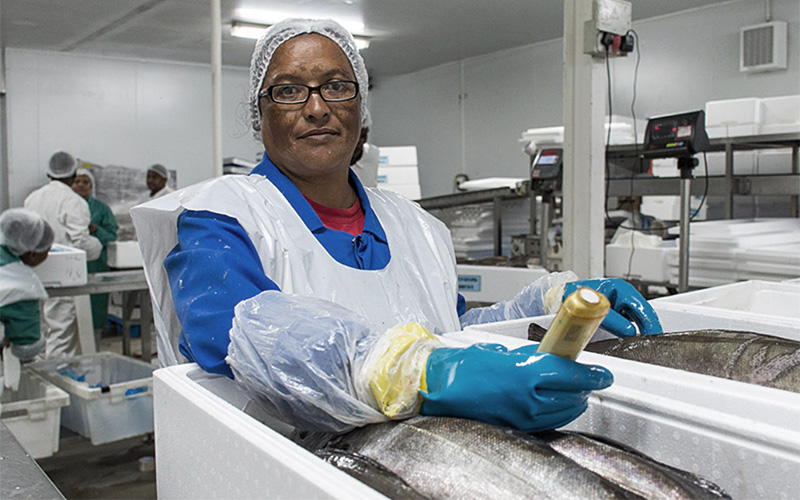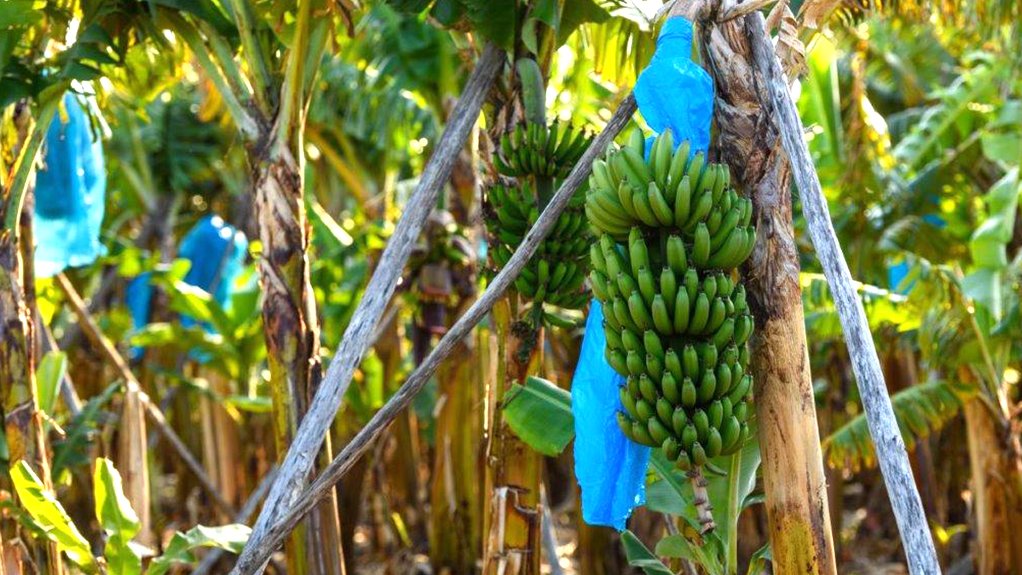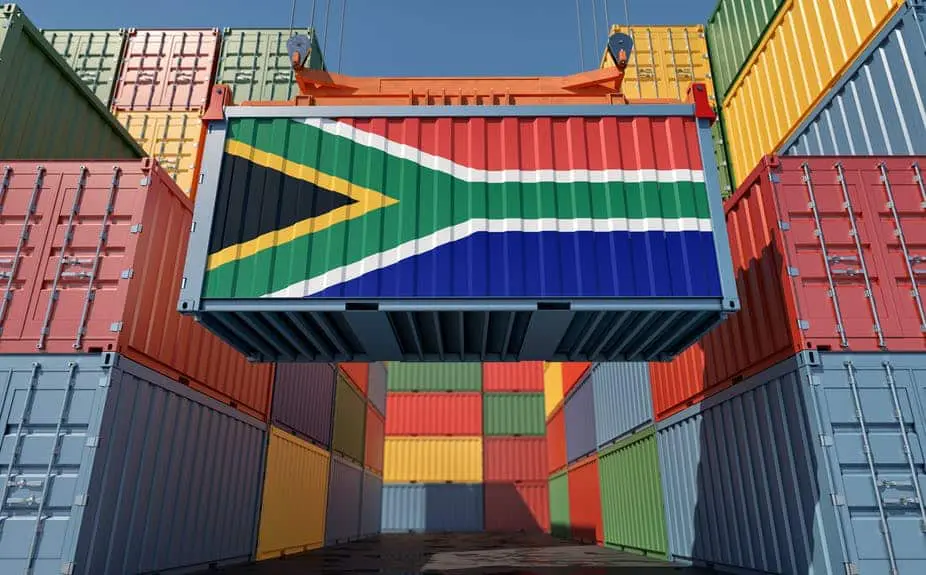Namibia remains a net food importer, and this will keep the country vulnerable to global food price developments and exchange rate risks.
However, according to an analysis by Simonis Storm, the livestock and fishing subsectors are likely to support the country’s growth in 2022.
During the first half of 2022, cattle marketing increased by 20,3%, sheep marketing was up 39,8%, goat marketing rose by 8,5%, but pig marketing dropped by 52,1% compared to the same period last year.
“Beef exports drove growth in cattle marketing as local producers responded to a rise in prices offered by export approved abattoirs. Local pork production only catered for 47% of local market demand, increasing the need for imports,” said Simonis, quoting the latest figures from the Namibia Statistics Agency’s first quarter of 2022 agriculture bulletin.
The analysts said because of price differentials, local sheep producers sent about 73% of their sheep to South Africa, where they fetched higher prices.
Northern Cape abattoirs paid N$6,84/kg more than local abattoirs in Namibia, according to the Meat Board. Beef exports increased by 97,5% during the first half of 2022, compared to the same period last year.
The Katima Mulilo export abattoir resumed operations in the second quarter of 2022 and facilitated exports to Angola, Ghana and Tanzania.
This gave farmers in the northern communal areas, who have always complained of a lack of lucrative markets for their cattle compared to farmers south of the redline, a lifeline.
Fish
Although fish landings declined by 16,1% y/y in the first quarter of 2022, inflationary effects and a weak rand exchange rate allowed export earnings to increase by 6,9% y/y in the first quarter of 2022 for the fish fillet, frozen fish, molluscs and crustacean sub-sectors.
Overall, growth in the sector appears to be positive. Fish landings were also positive for hake, monk and horse mackerel companies year to date.
Another opportunity currently being pursued by the local fishing sector is taking advantage of global supply chain disruptions. European countries are looking at alternative options to have fish processed due to supply chain disruptions in China.
Source article: The Namibian








